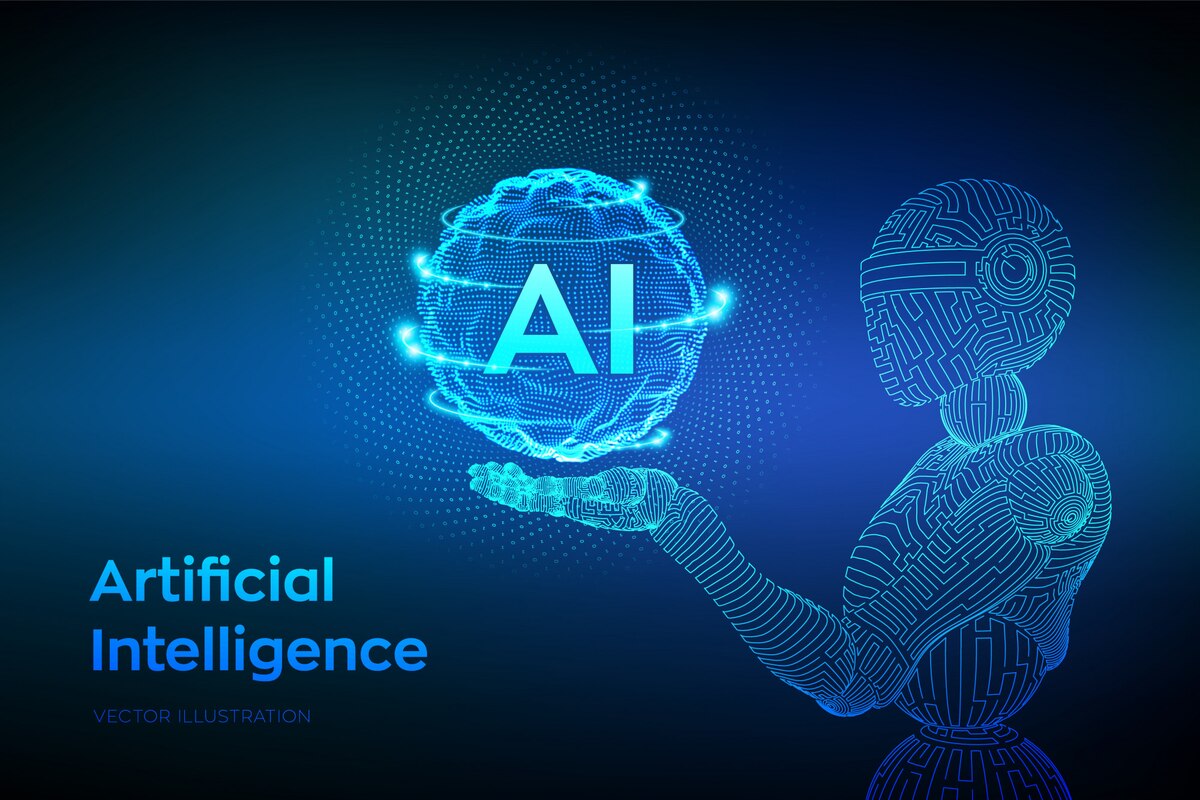When employers see how quickly artificial intelligence is growing in the job market, they are likely to think of robots that can make work easier, faster, and better. Every worker fears that machines will take their jobs. Artificial intelligence is supposed to make work faster and better than manual labor, but it can only do a few things. People still have jobs to do. In this article, you’ll learn why people are still useful at work and why AI can only partially replace people’s jobs.
Artificial Intelligence Lacks Emotional Intelligence
Emotional intelligence allows people to stand out and be useful at work. Emotional intelligence is crucial in the workplace, especially when dealing with customers. As social beings, humans are born with the need to connect emotionally with others.
Hormones and emotions are chemically and biologically linked between people, which makes this connection possible. Artificial intelligence does not have this ability because it consists of chips and software, not living cells. Anyone who owns and operates a business knows how important it is to understand the feelings of your employees and customers.
You can improve your emotional intelligence, but machines can’t communicate with people on that level. Artificially intelligent machines can’t make people feel mentally connected to them, no matter how well-trained they are. Artificial intelligence cannot replace people, especially since businesses need to connect with others in order to thrive.
Artificial intelligence can only do things through inputs
Artificial Intelligence can only do things through acquired data. It cannot process more data or work in that way. Therefore, a machine is useless if the data it receives doesn’t include new areas of work or if the program doesn’t take into account things that didn’t go as planned.
These situations happen all the time in technology and industry, and people working in AI are always looking for quick solutions. It is often assumed that AI tools can adapt to any situation, but this is not the case.
You don’t have to worry that AI will take over all jobs and make your skills useless. This is not going to happen. AI cannot easily replicate the human mind or the ability to think, create, invent, move, and receive information.
AI’s creativity depends on the data it is given
We have already said that AI can only work with the data it is given, so it may be better than humans at developing new ideas and methods. However, AI has to follow patterns and needs help to create new ways, norms, or methods of working.
Companies and employees know how important it is to be creative at work. Artificial intelligence is programmed to do boring, repetitive work, but when we do something new, being creative makes us feel good. You need to be creative to come up with new ideas. Creative thinking is related to divergent thinking.
Machines are made by divergent thinkers. In other words, AI tools can only use the data given. Even when there is not much or any data, they can find data from different places and figure out ways to solve complex tasks. Artificial intelligence can only replace people’s jobs if they develop new ideas or think outside the box.
Artificial intelligence lacks soft skills
Soft skills are essential for everyone in the workforce. These include working well with others, attention to detail, critical and artistic thinking, clear communication, and teamwork. These “soft skills” are required for any job, so if you want to do well in your career, you must work on them.
People are taught and required to master these skills, and improving them helps every one, no matter what job they have. People who run businesses and work in any field need to have these skills. In other words, these soft skills put you ahead of AI at work.
However, AI robots cannot master soft skills. Such “soft skills” cannot be taught by AI. These skills are important for professional growth. If you are more innovative and emotionally intelligent, learning these skills will help.
Humans Make Artificial Intelligence Work
Without the human brain, there would be no artificial intelligence. That’s what AI is: it was created by humans. People write the code that makes AI work. People provide AI computers with the data they need to work. People use the tools.
As AI becomes more widely used, people will need it more and more. The AI in the machine needs someone to plan, build, run, and maintain it. That’s the only thing a human can do. Now that you know these facts, you can firmly dismiss any idea that AI will replace jobs.
Artificial Intelligence Enhances, Not Replaces, Human Intelligence
More and more people are using AI apps at work, and soon they will be doing many of the jobs that humans do now. But it will only be able to accomplish those tasks that require repetition and not much thought. As technology becomes more integrated, people will also find new jobs because of changes in the way they work.
A record from the World Economic Forum shows that in 2025, AI will create and take away about 97 million jobs. Artificial intelligence will also take away about 85 million jobs. There is no AI without people, and today, it will be difficult, if not impossible, to live without AI. Visionary companies are already combining human skills with AI to make them more creative and productive.
